Professional Services
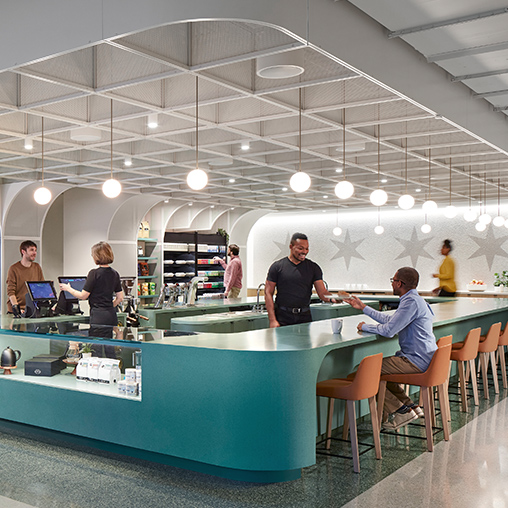
Accenture Chicago Headquarters
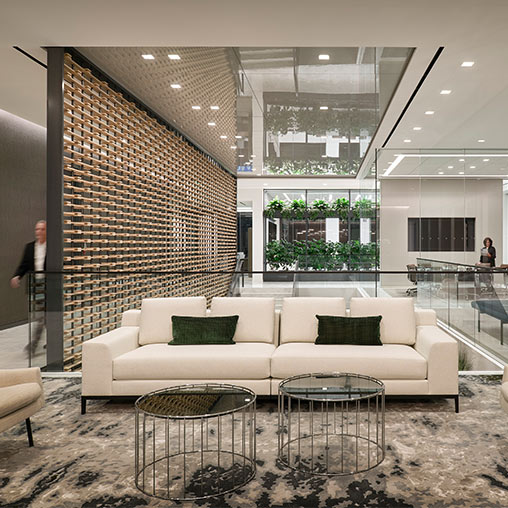
Confidential Law Firm
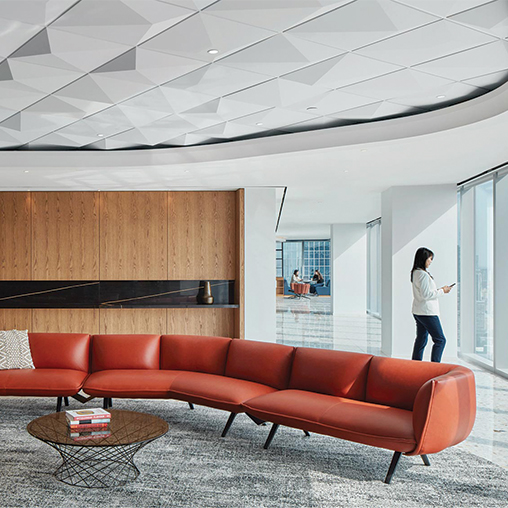
Cassels Brock & Blackwell
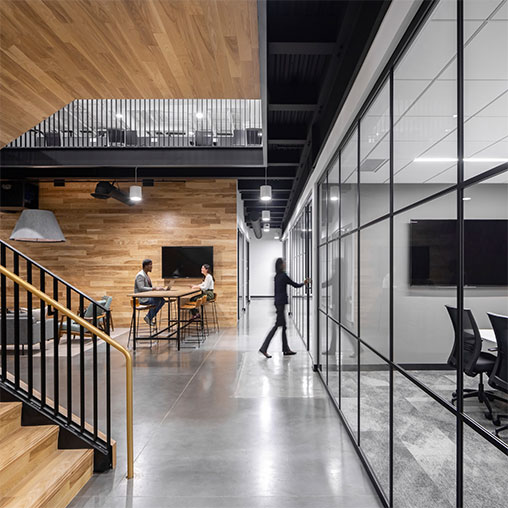
Loffler Companies
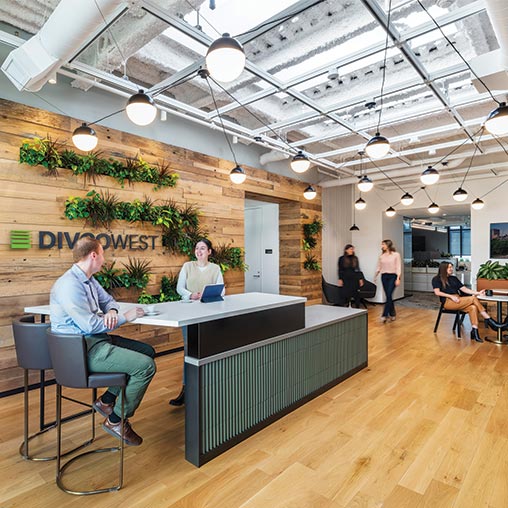
DivcoWest
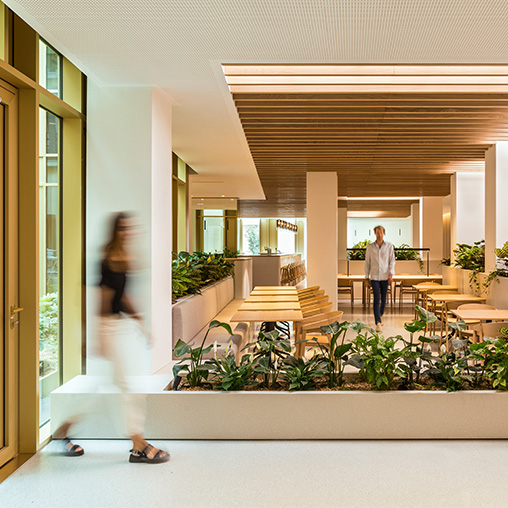
22 Bayard
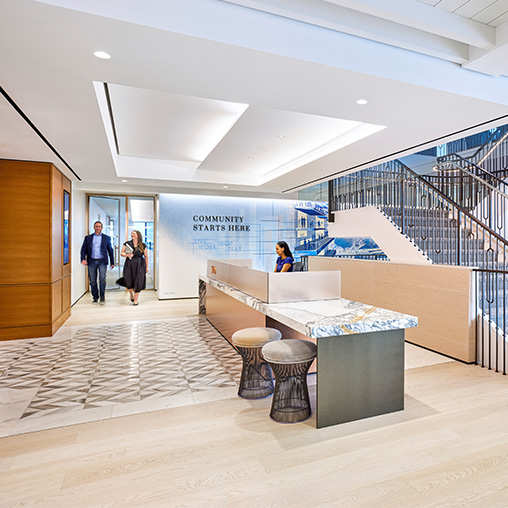
Walker & Dunlop Bethesda Headquarters
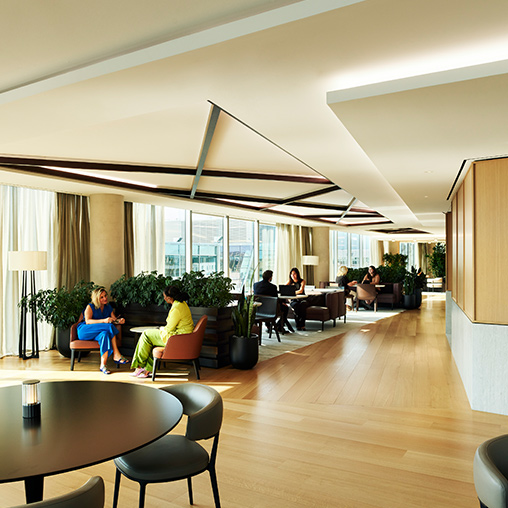
Confidential Global Law Firm
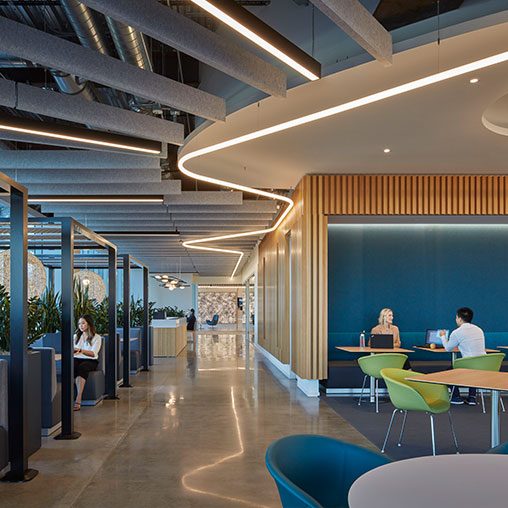
CoStar Irvine
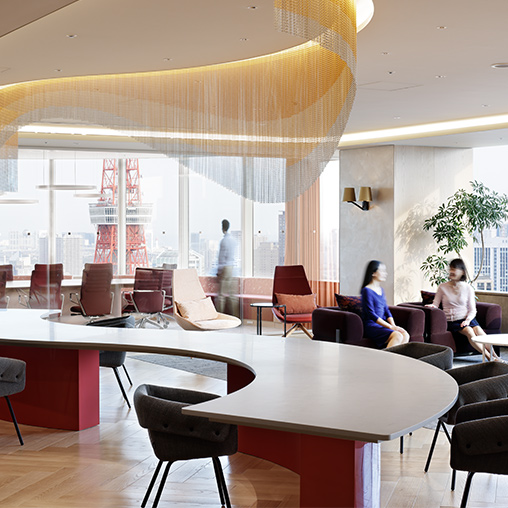
Global Law Firm Office Renovation
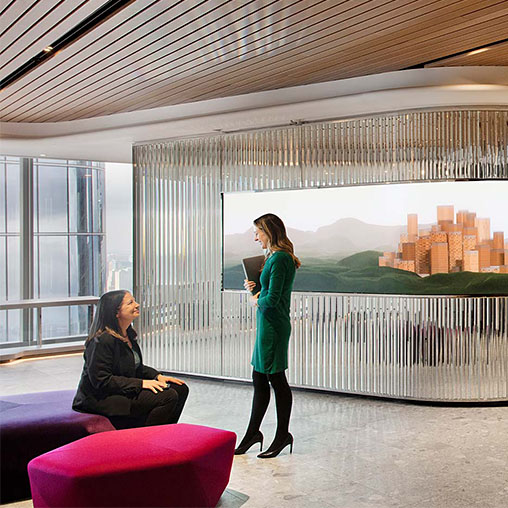
Confidential Consulting Firm
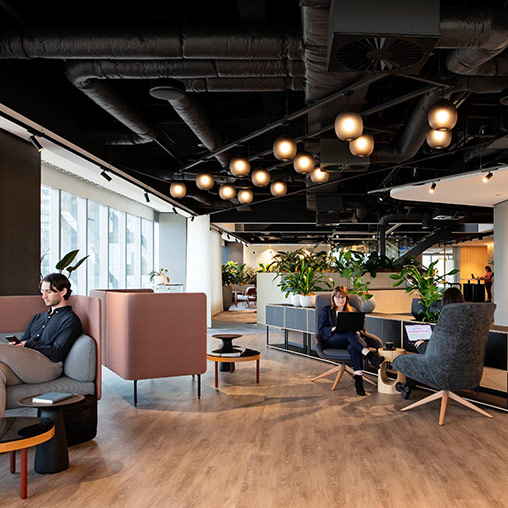
Professional Services Client
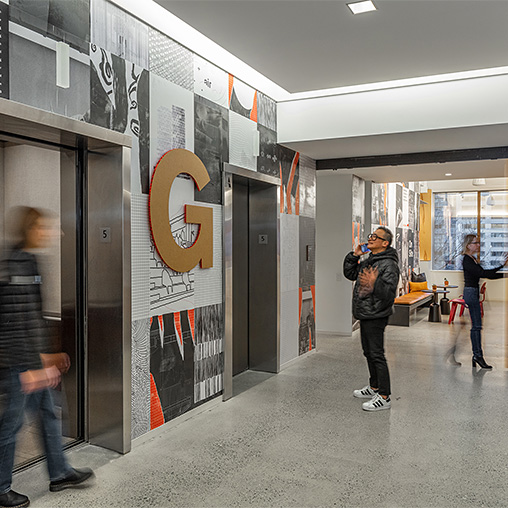
Gensler Seattle Office Redesign
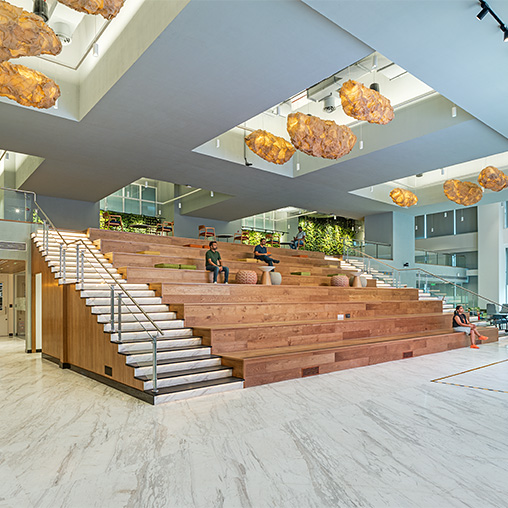
ADP
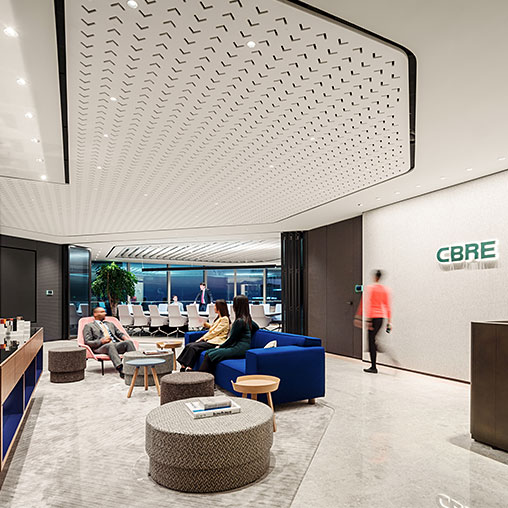
CBRE Beijing Office
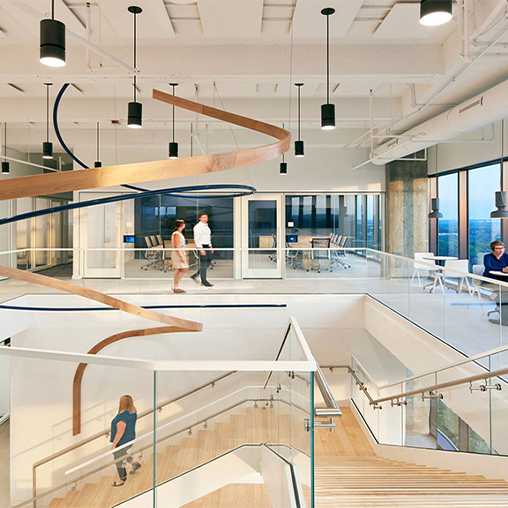
IAT Insurance
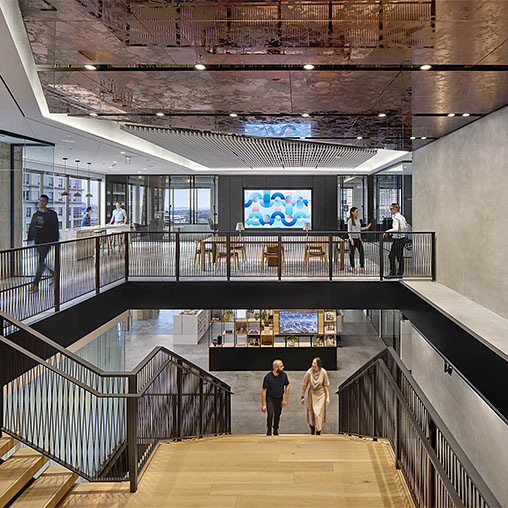
AvalonBay Headquarters
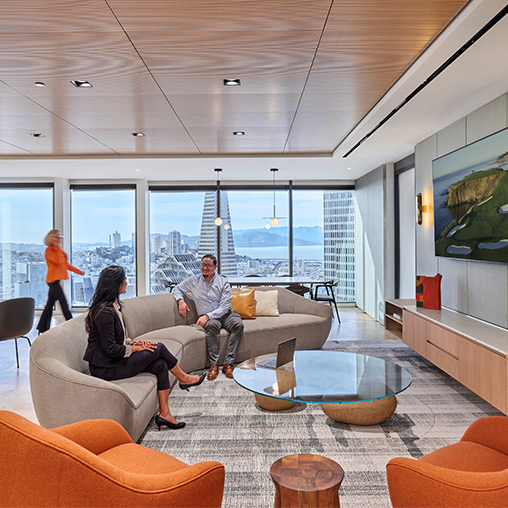
Baker Botts San Francisco
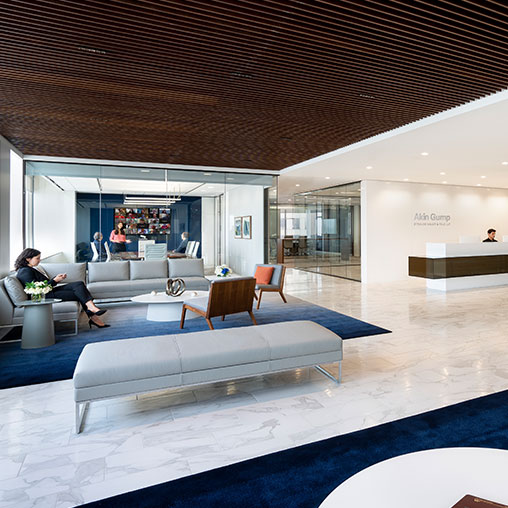
Akin Gump Houston
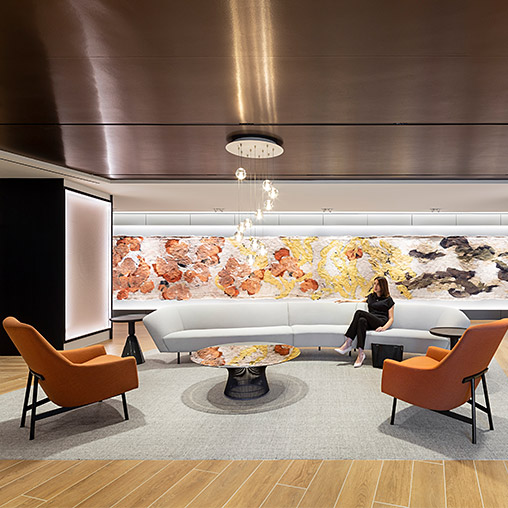
Mintz Washington, D.C.
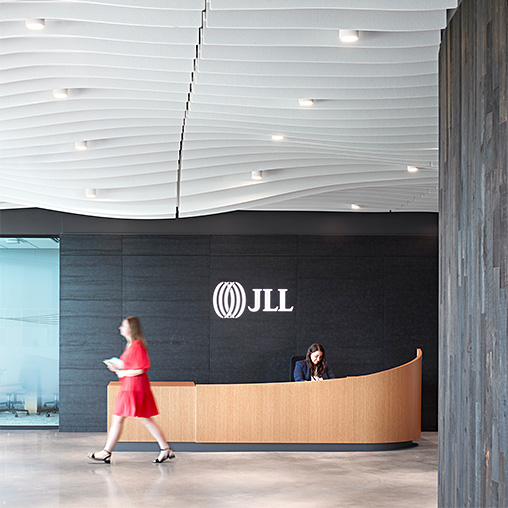
JLL Charlotte
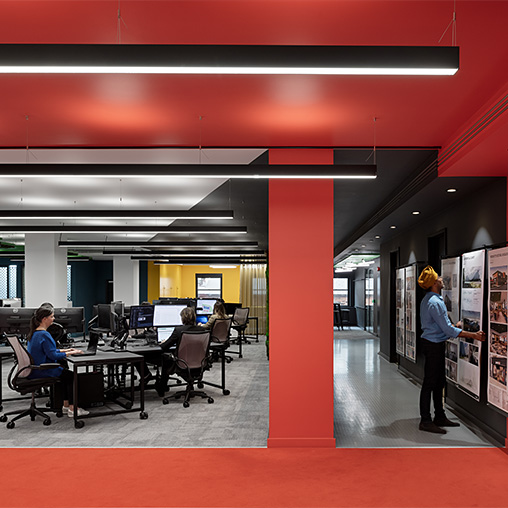
No. 4 — Gensler Birmingham
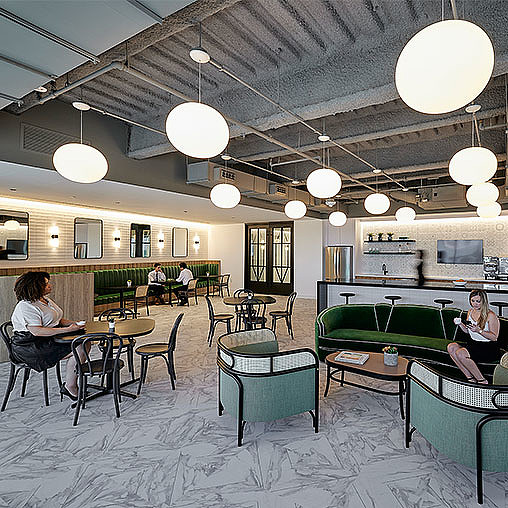
Waddell Serafino Dallas
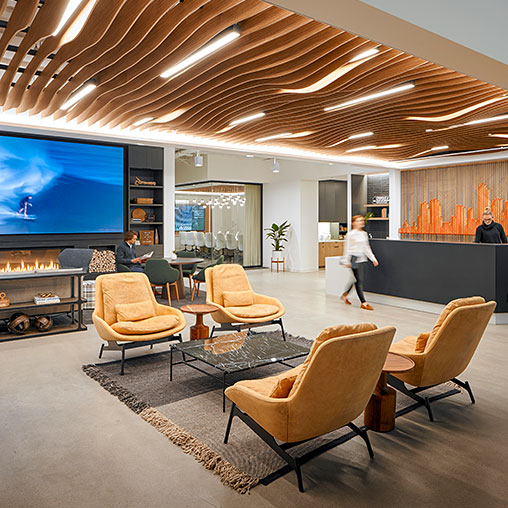
Cushman & Wakefield San Diego
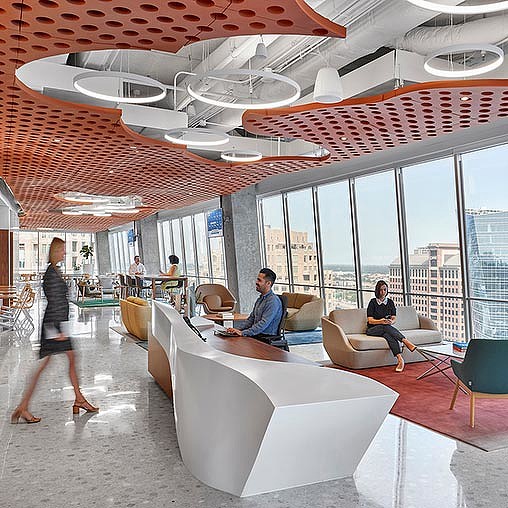
Confidential Consulting Client
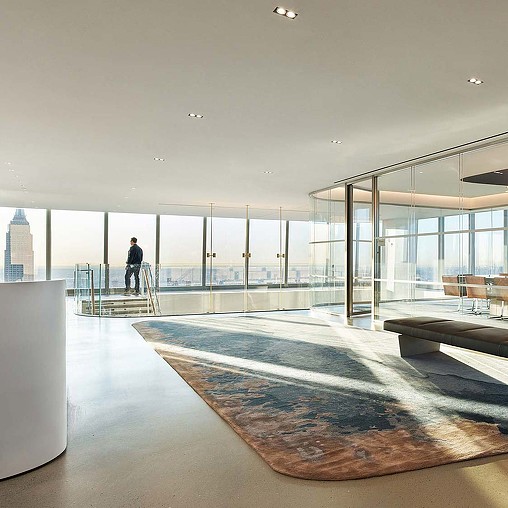
Confidential Real Estate Investment Firm
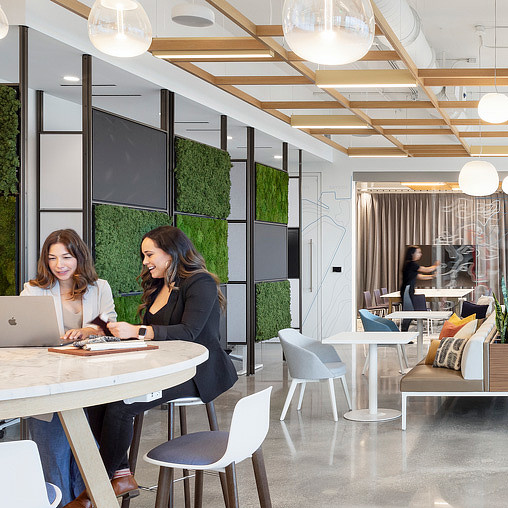
Gensler Miami
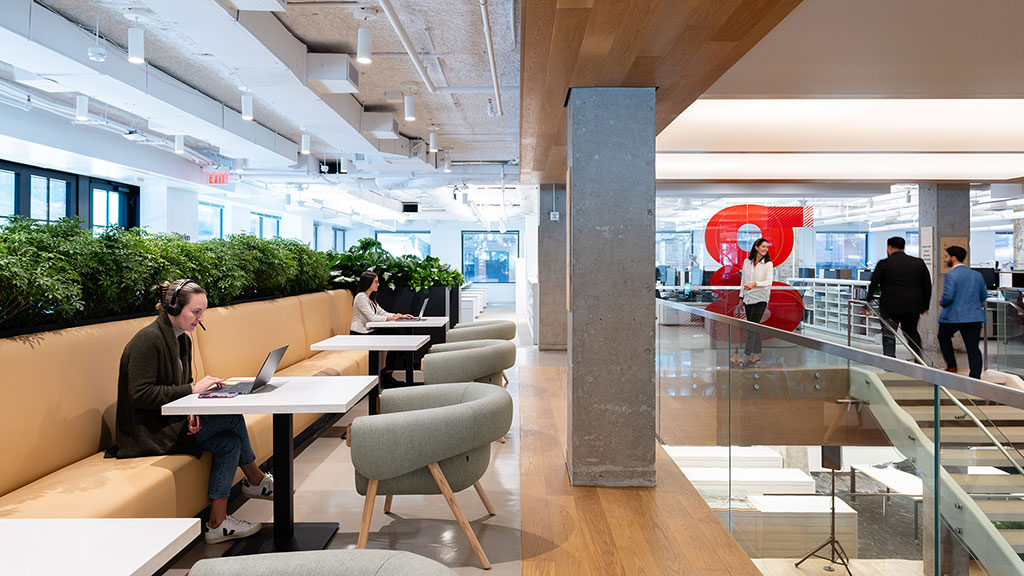
10 Workplace Trends for 2024: What’s In and What’s Out?
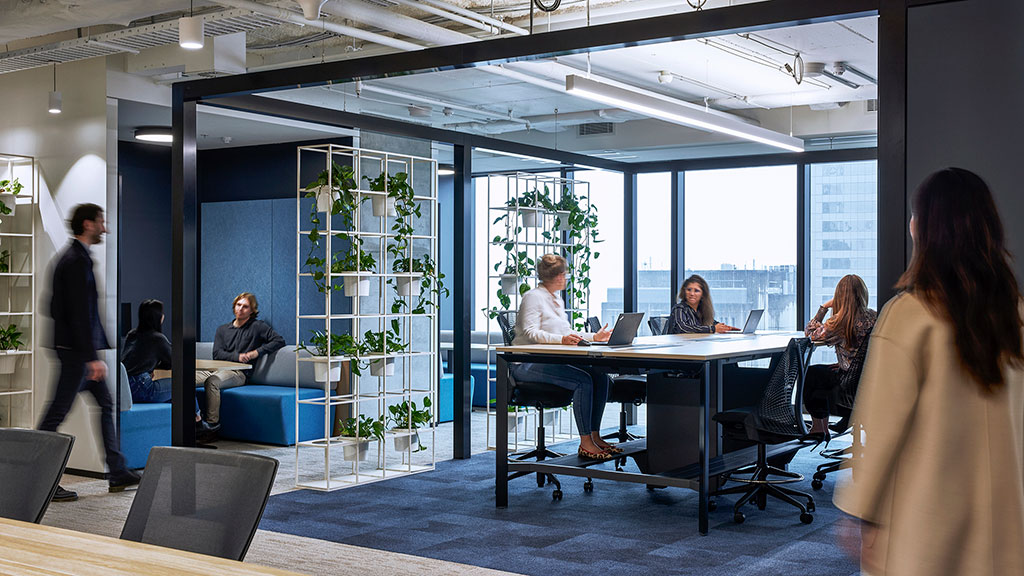
Open or Private? It’s Time for a New Workplace Model.
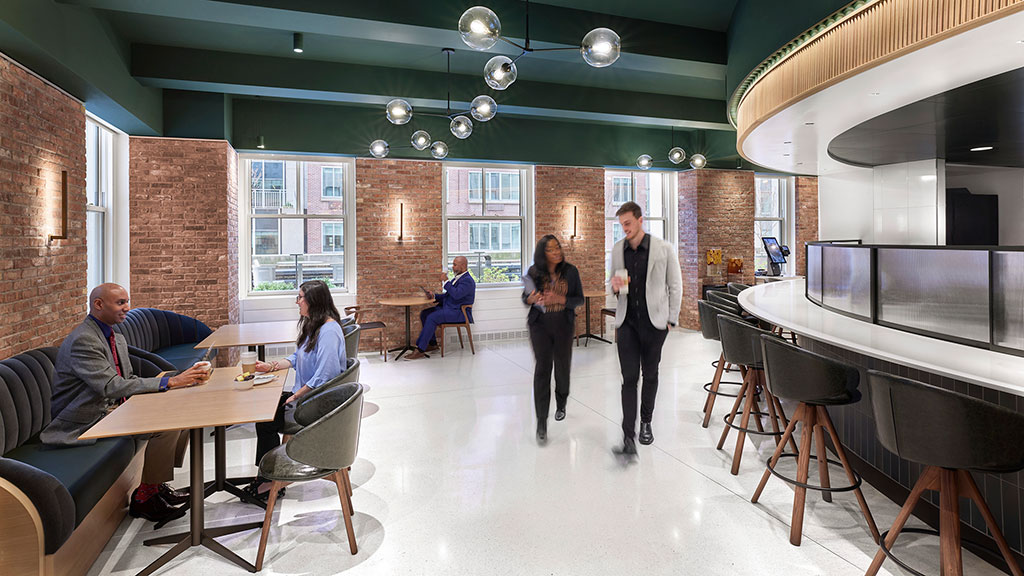
Rethinking Law Firm Workplaces in the Age of Hybrid Work
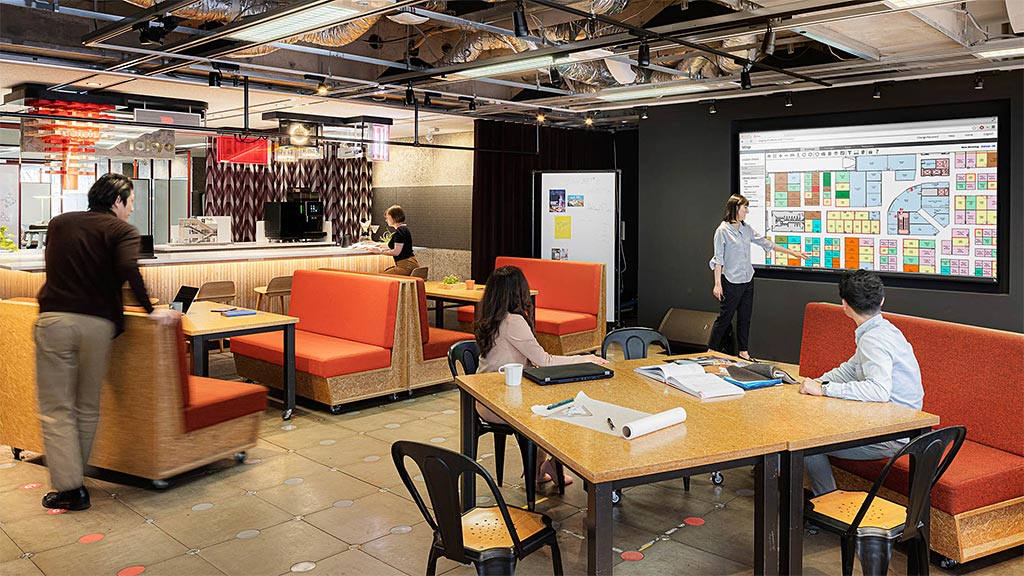
10 Considerations for Transitioning Back to Work in a Hybrid World
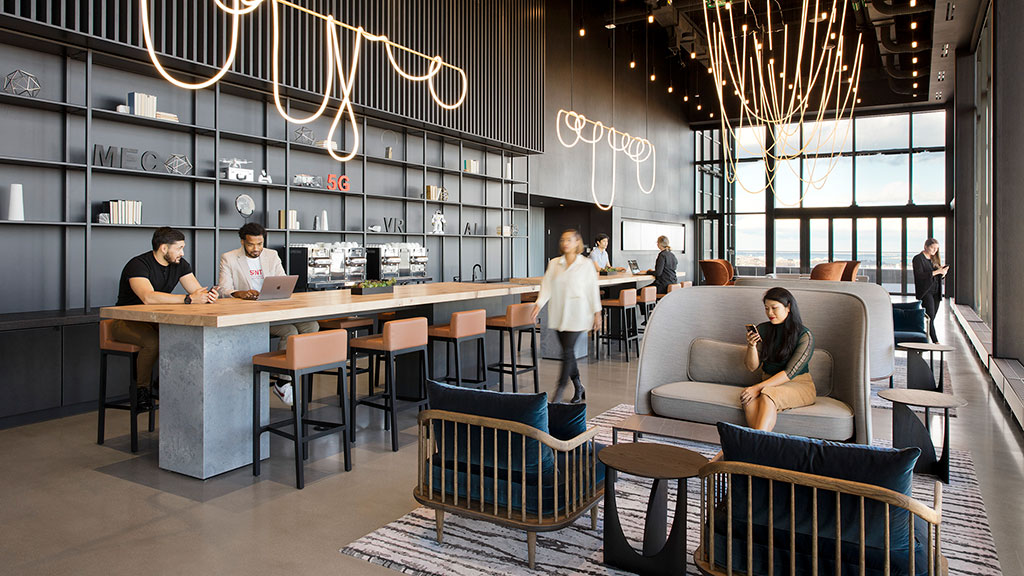
As New Work Patterns Emerge, the Workplace Must Respond
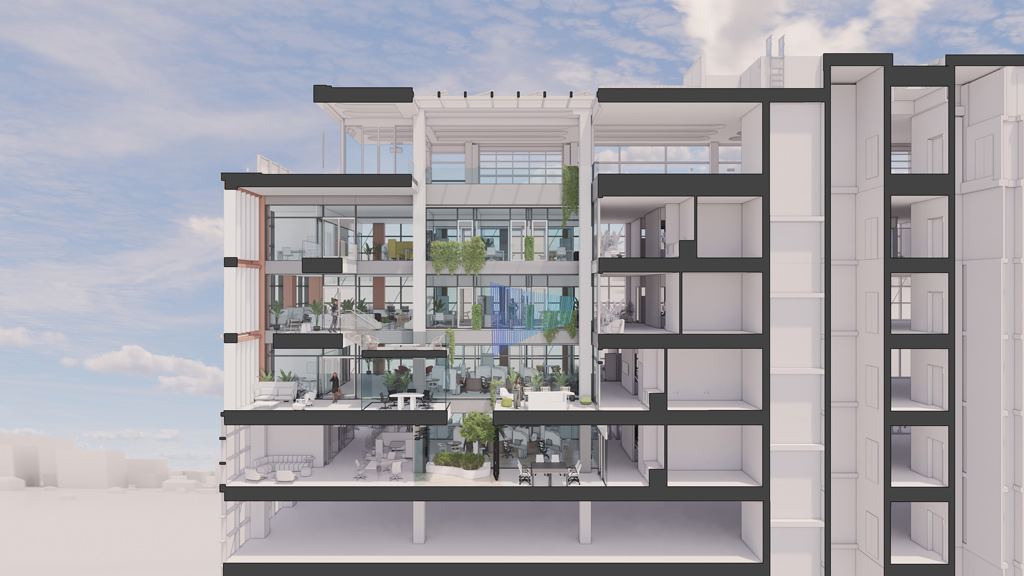
The Law Firm of the Future: Can a Workplace be Restorative?
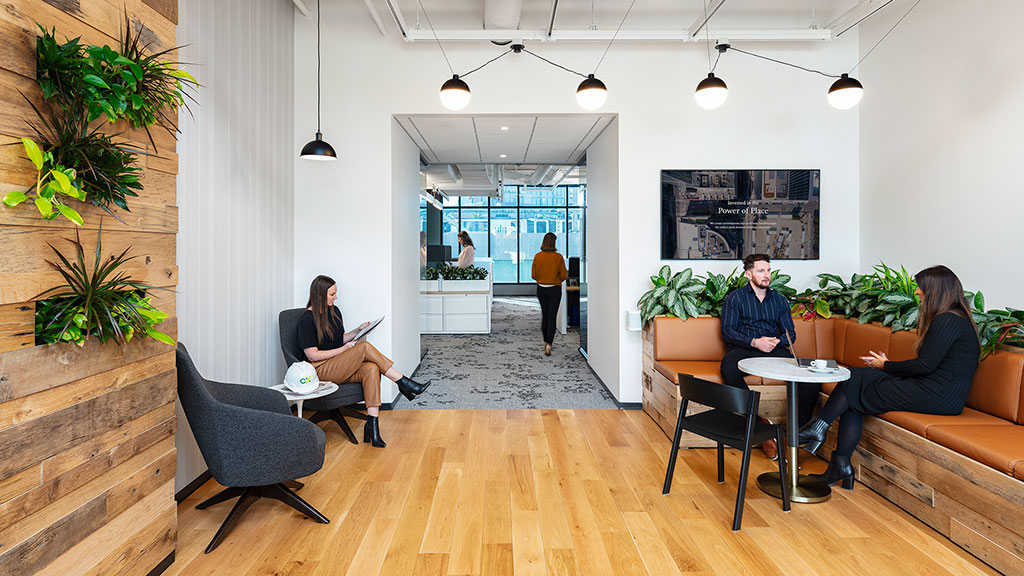
People Have Choice in the Workplace, But Not the Choices They Need
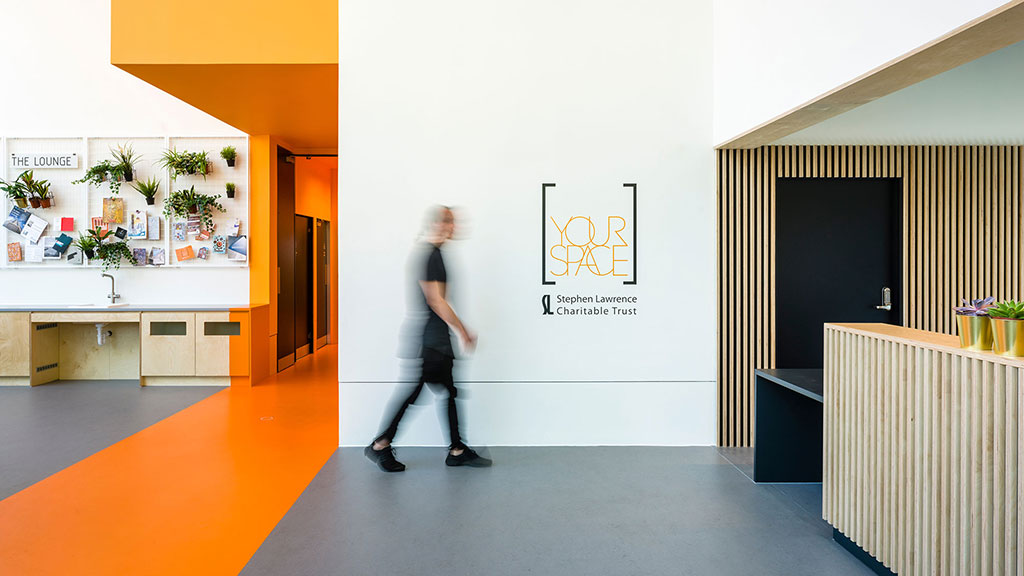
Designing Empathetic Workplaces Can Be a Key Differentiator
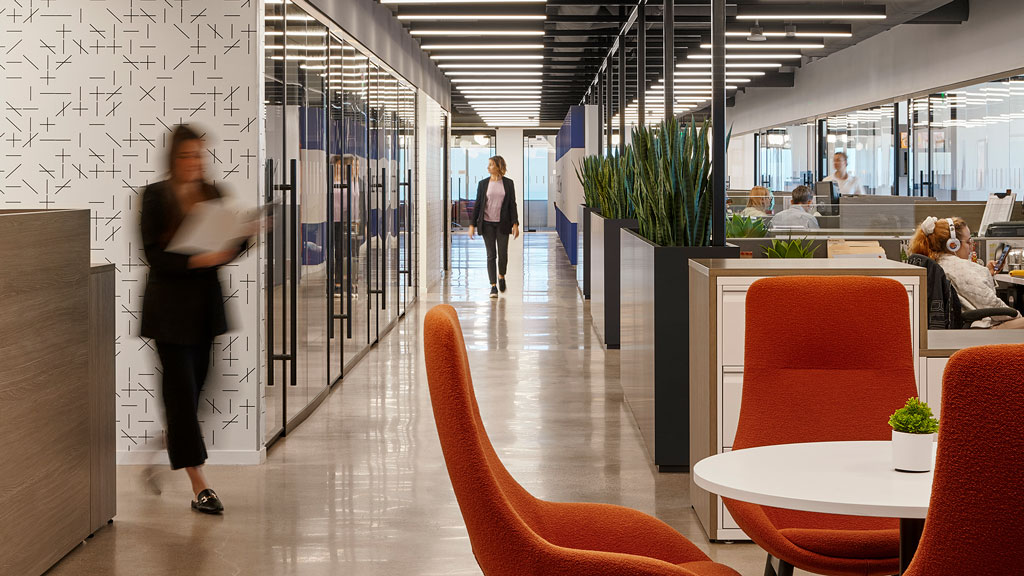
Evolution of the Legal Workplace
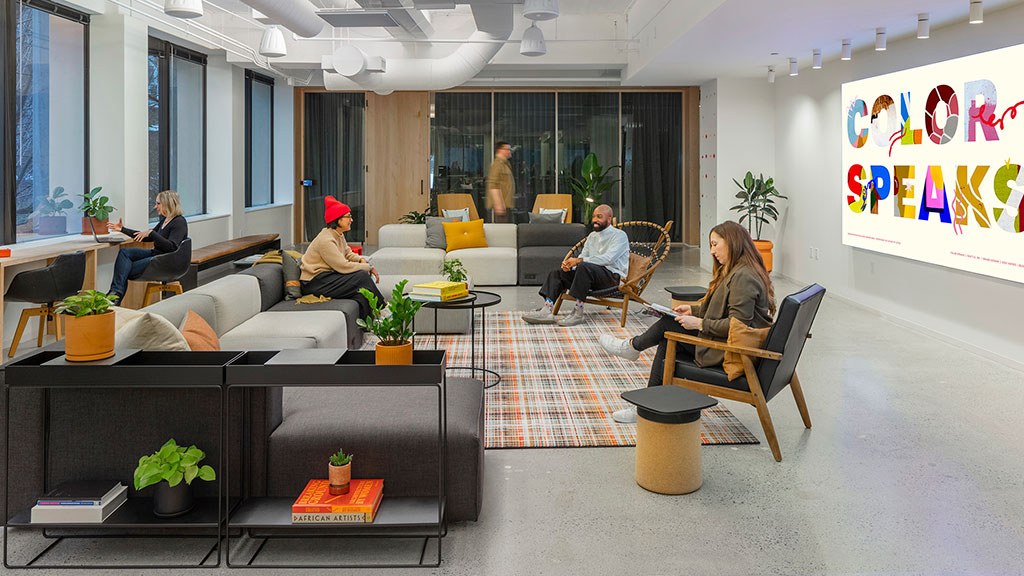
The UnOffice: Workplaces for More Than Productivity
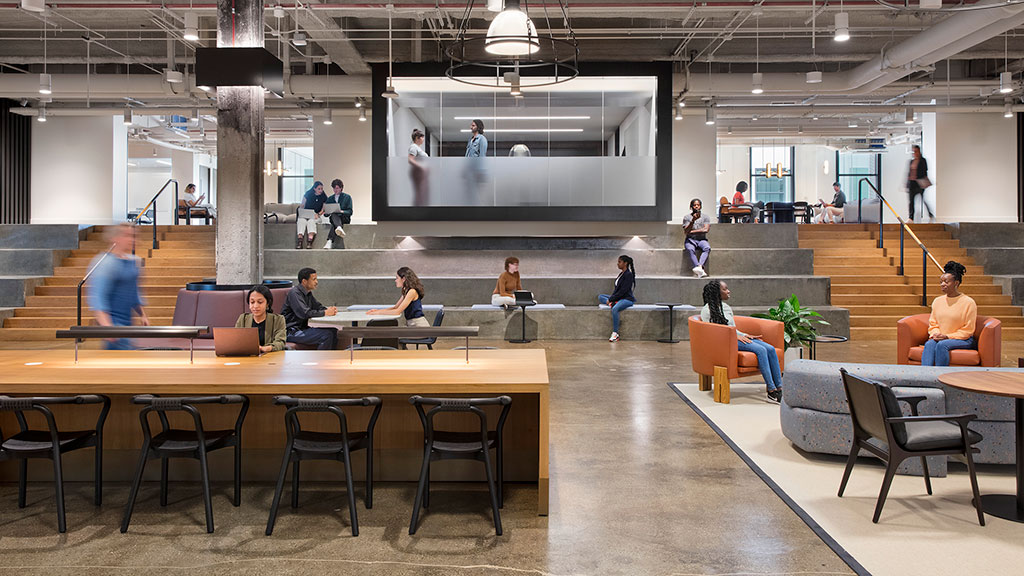
Hybrid Is Here to Stay. So Is the Office.
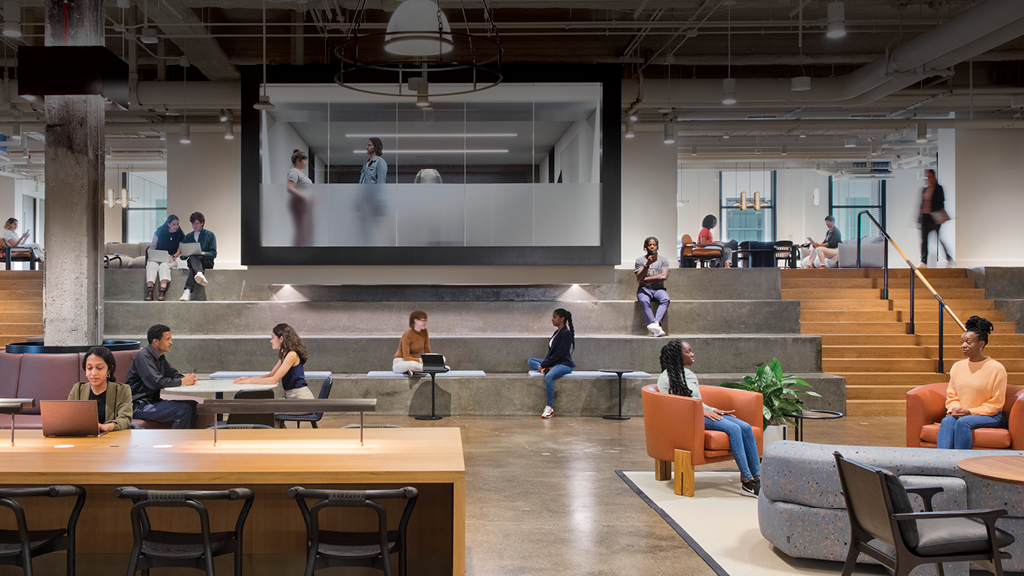
Global Workplace Survey Comparison 2023
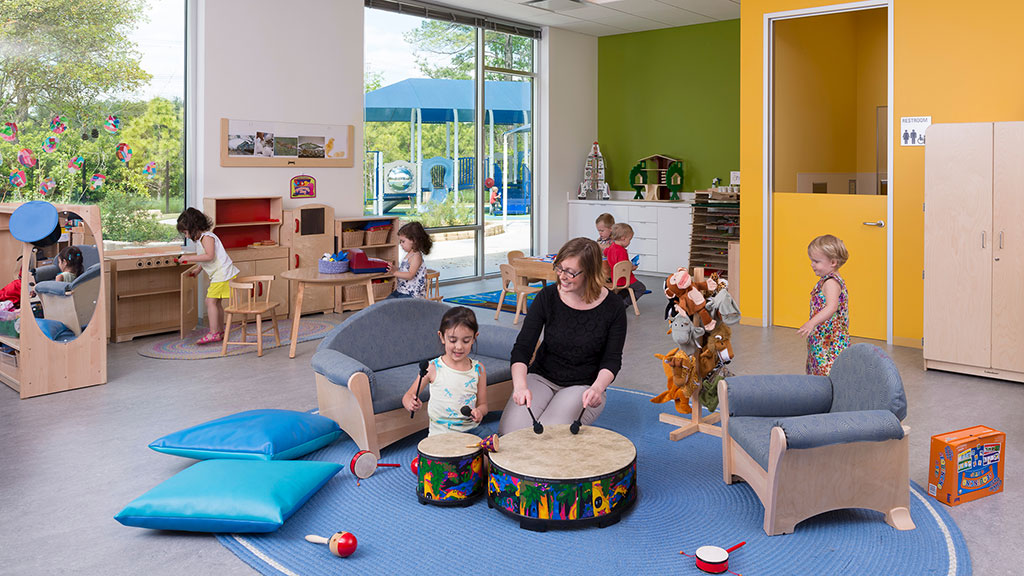
Revolutionizing Child Care: The Key to Enhancing Your Return-to-Office Strategy
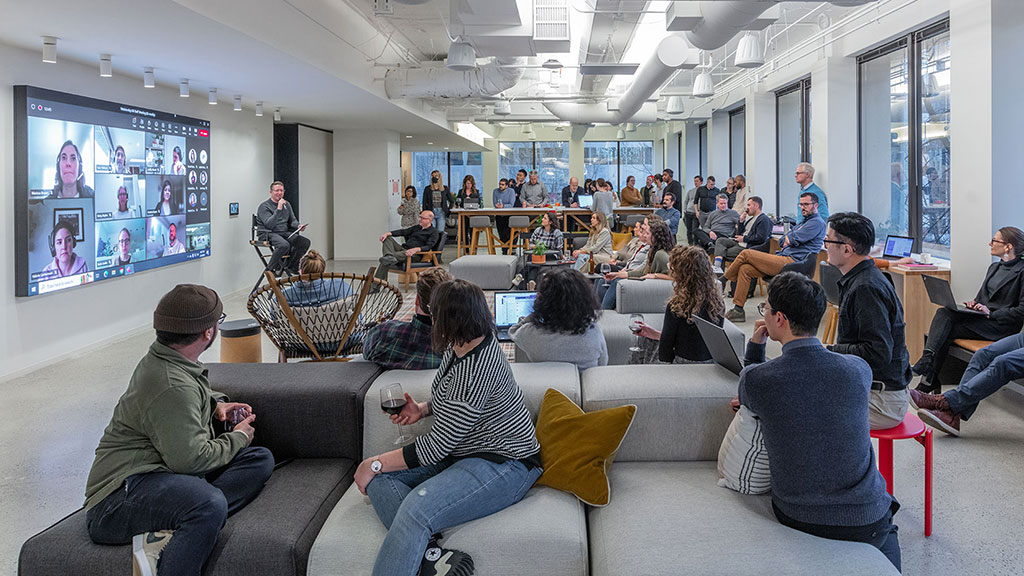
Why Inclusive Design Is Critical to Workplace Transformation
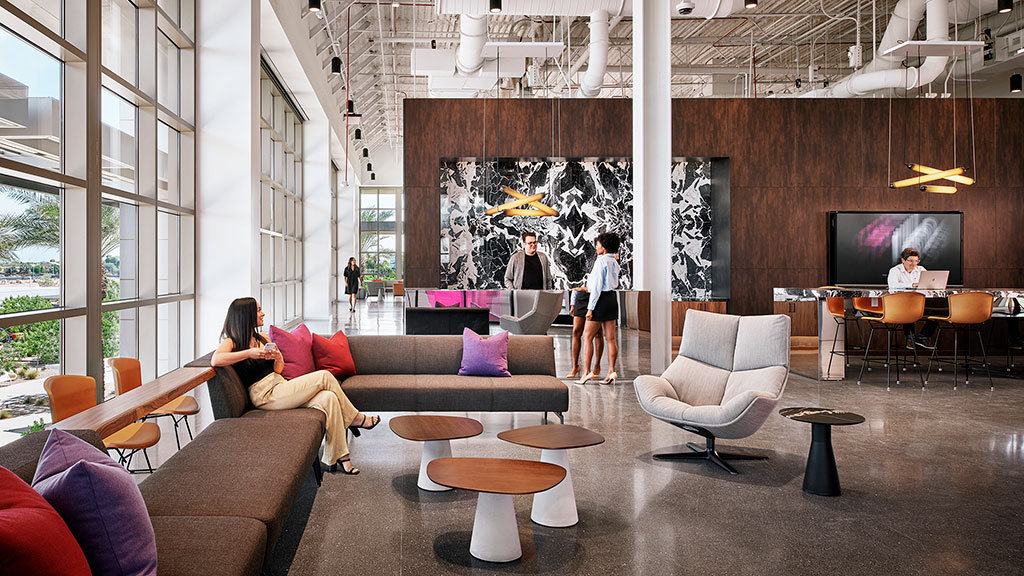
5 Conversations That Define 2023’s Evolving Workplace
Focus spaces and drop-in desks help define the hybrid law office.
Hybrid work arrangements mean firms are trading closed offices and assigned seating for focus spaces and drop-in desks — freeing up square footage for richer amenities and additional collaborative spaces with upgraded A/V technology that make the office a productive space for hybrid work and a cultural hub worth traveling for.
Firms are putting their sustainability credentials on display.
Sustainability is a key differentiator for potential talent, clients, and investors. As firms try to lessen their environmental impact, many are demonstrating their commitment to environmental sustainability by reducing their carbon and physical footprint, pursuing LEED, BREEAM, and other certifications, and designing the workplace to enable resource efficiency.
Design for culture and inclusion will stimulate workplace collaboration.
Culture is key to attracting and retaining talent. The physical workplace is essential in defining and sharing a firm’s culture with employees and clients. Offices should enable interaction and support connection and mentoring, while creating a sense of belonging for all employees. Creating human-centric workplaces that inspire purpose and demonstrate organizational values will help firms stand out to potential talent and clients alike.
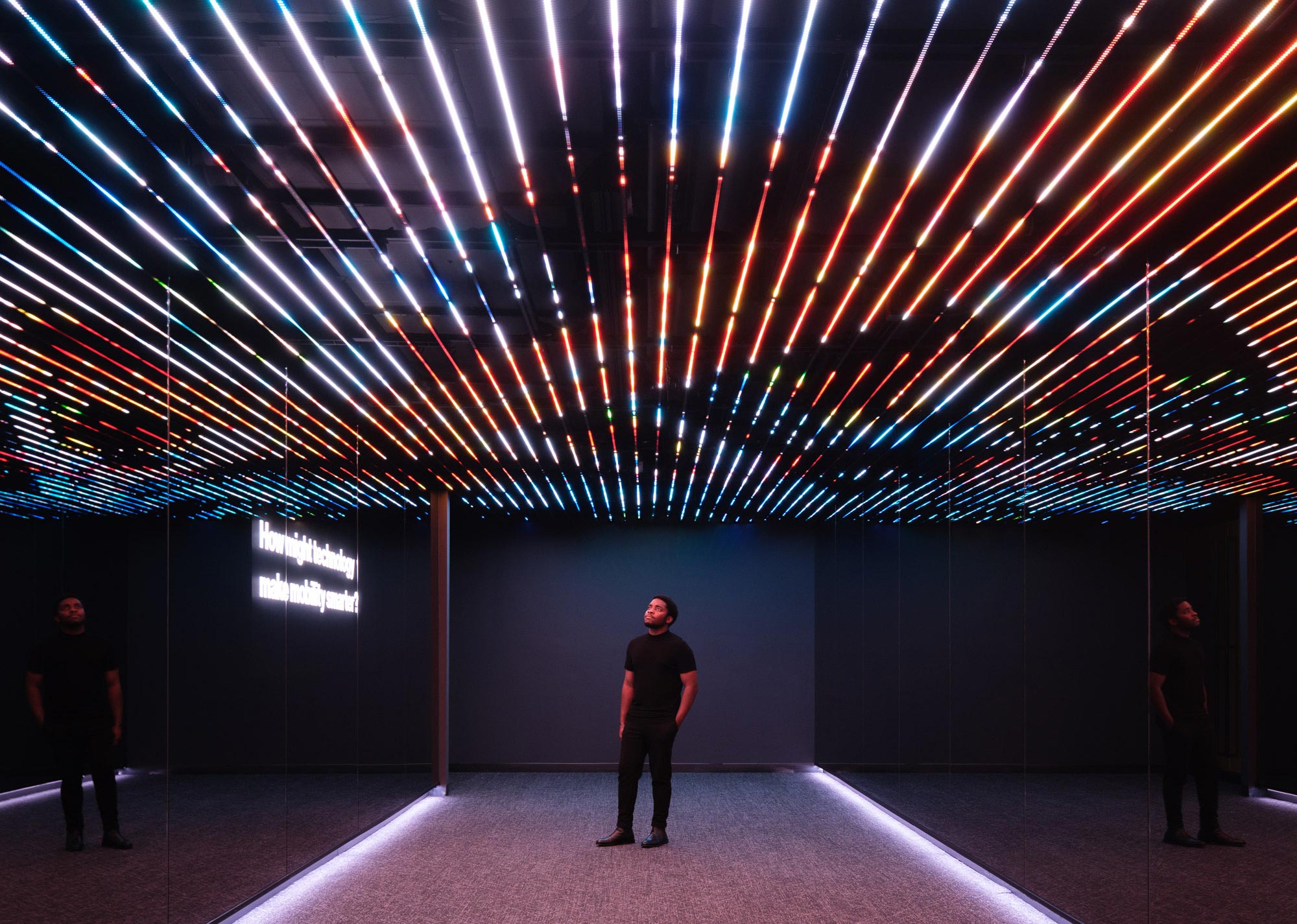
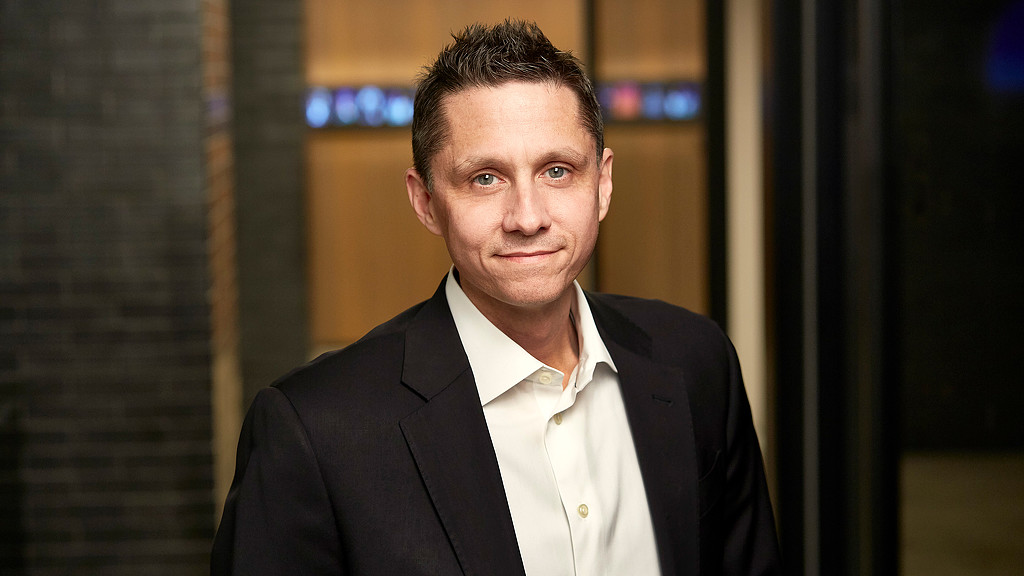
Timothy Bromiley
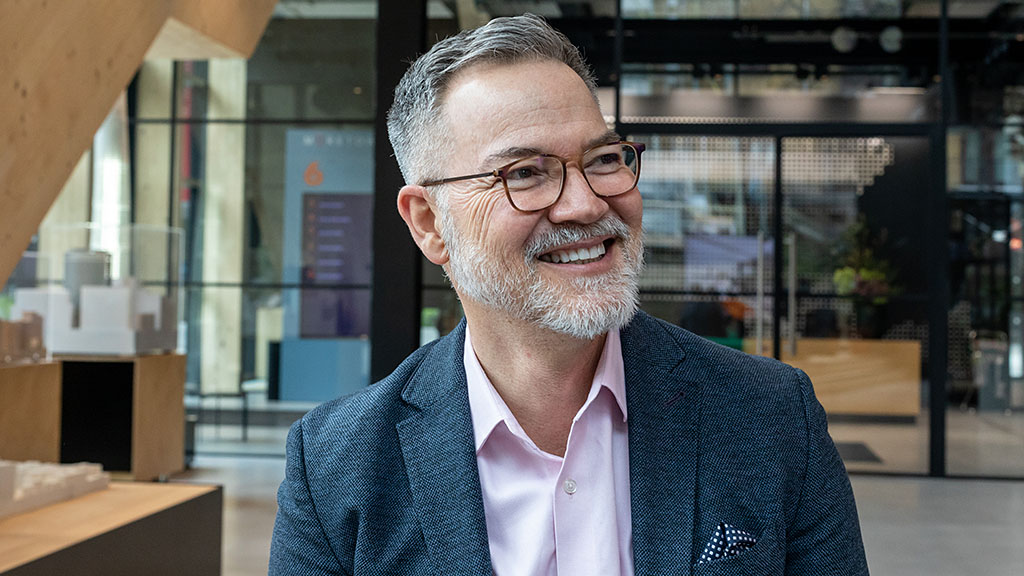
Carlos Posada
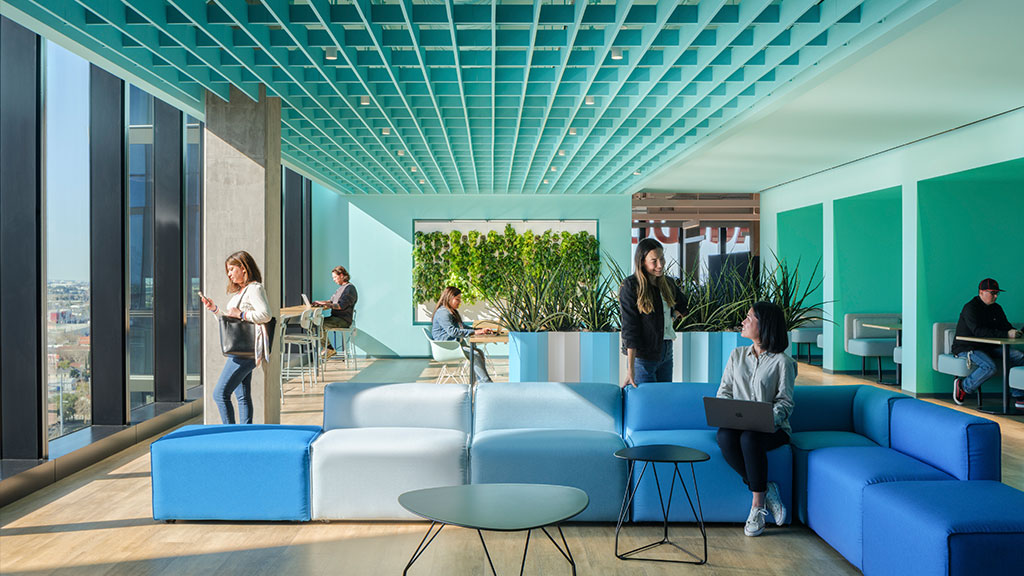
Three Office Design Predictions for 2024, According to Gensler’s Design Forecast
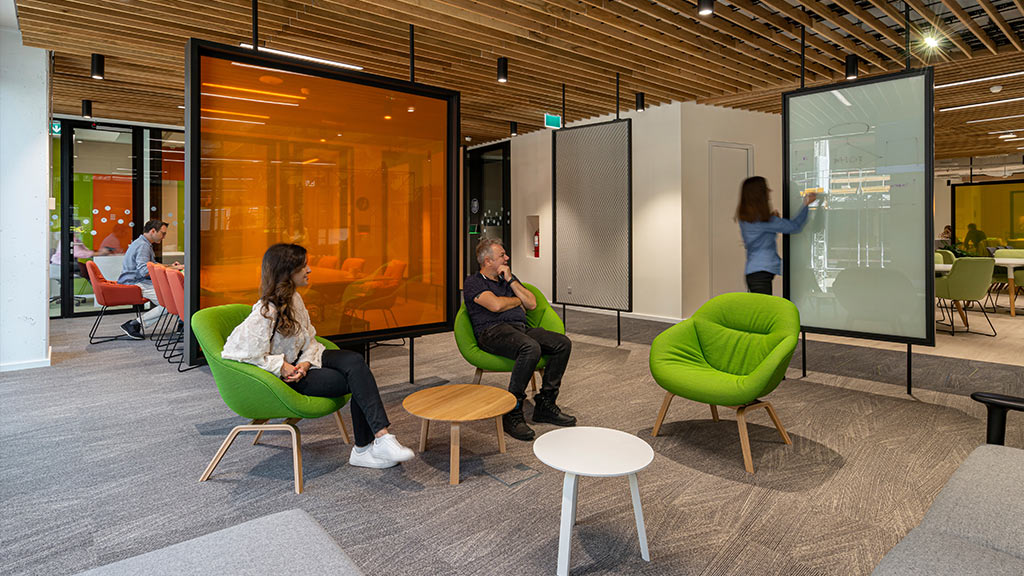
What Leaders Should Consider As They Redesign Their Offices for the New Era of Work
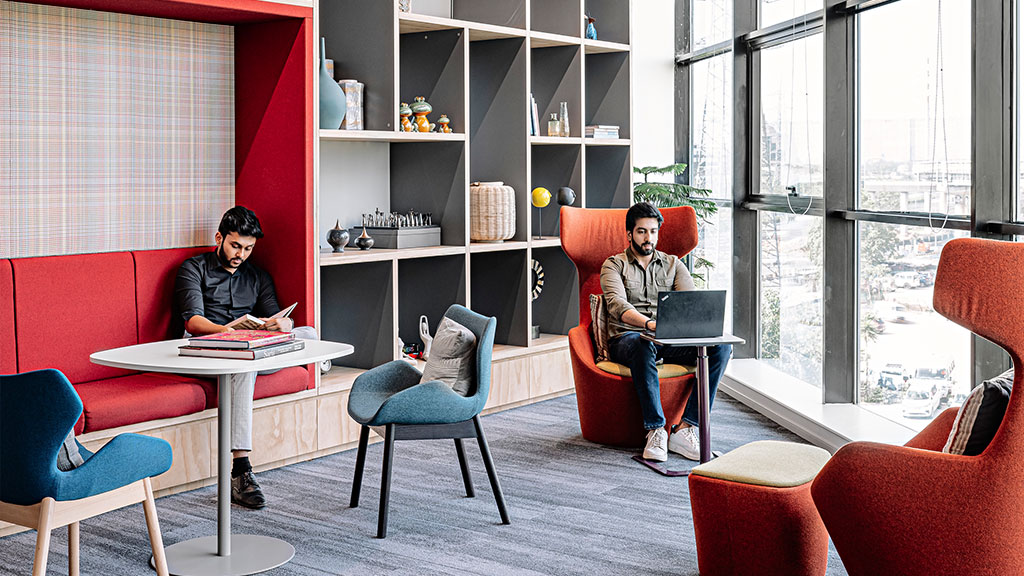
Here’s What Matters for Optimizing Office Spaces for Today’s Needs
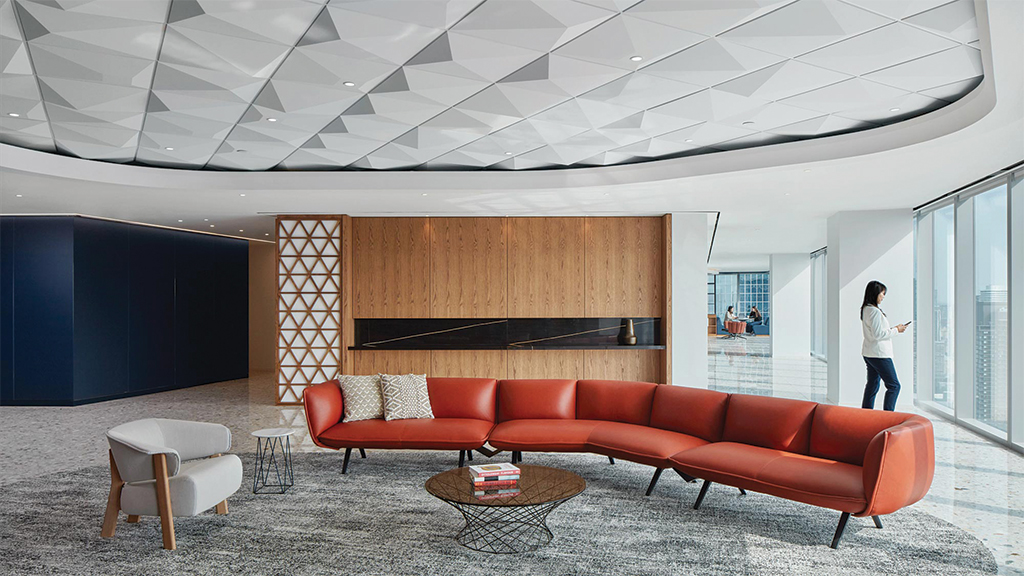
A Look Inside Cassels’ New Toronto Office, Designed by Gensler
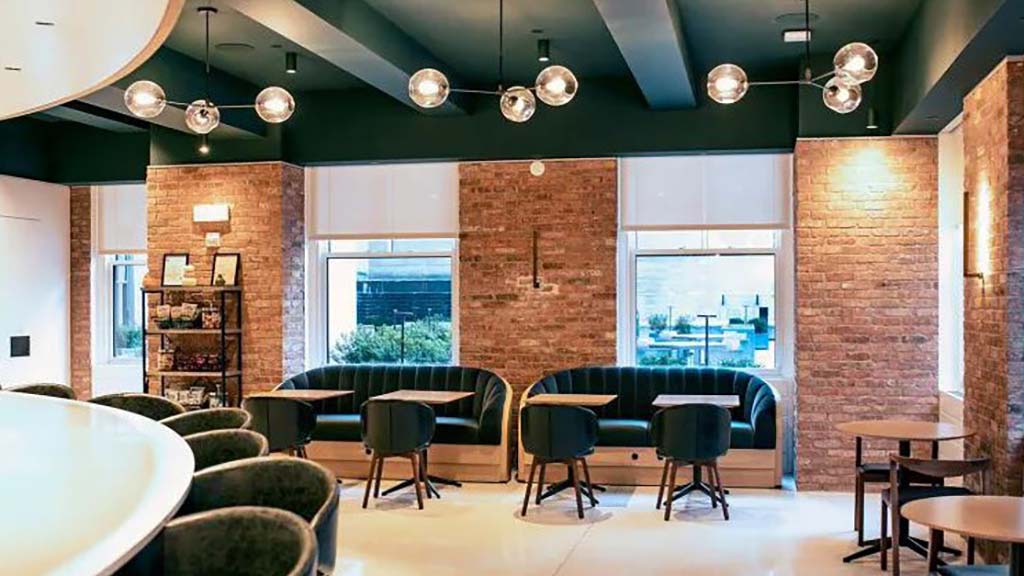
How One Manhattan Firm’s Office Reflects Big Changes in the Legal Industry
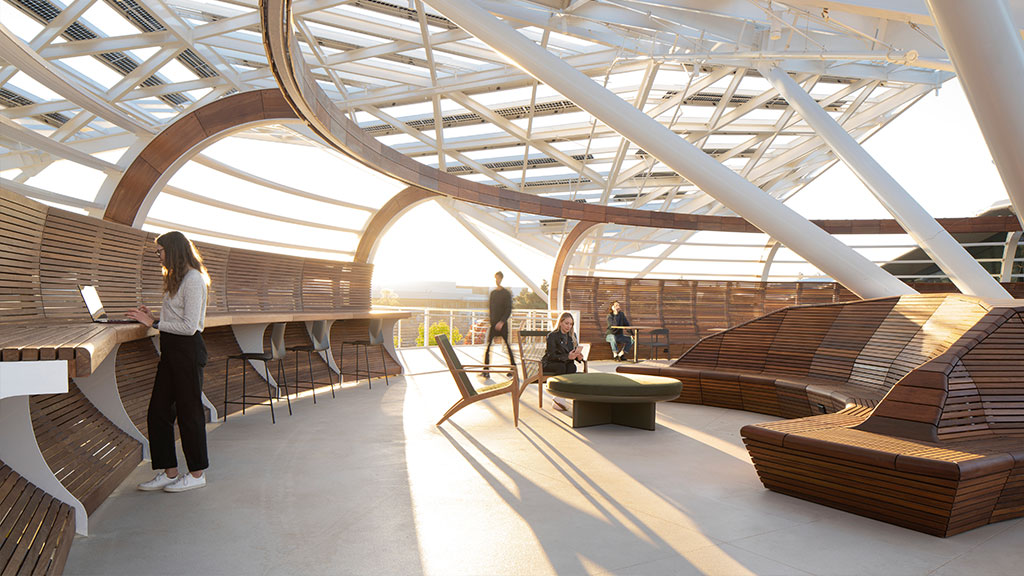
How Companies Are Reimagining Spaces to Support More Social Interaction Among Colleagues
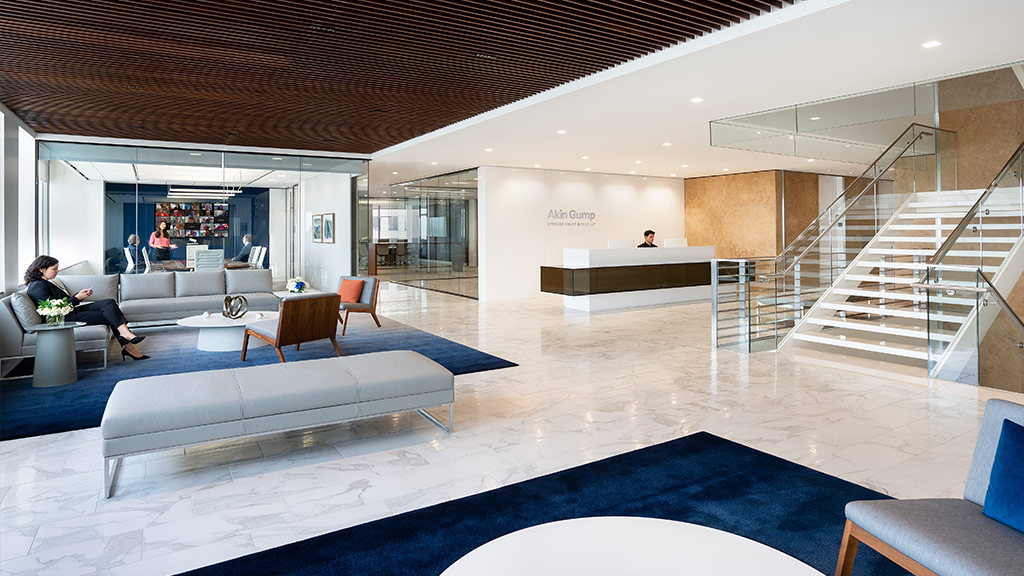
A Behind the Scenes Look at Akin Gump’s Houston Office Renovation by Gensler
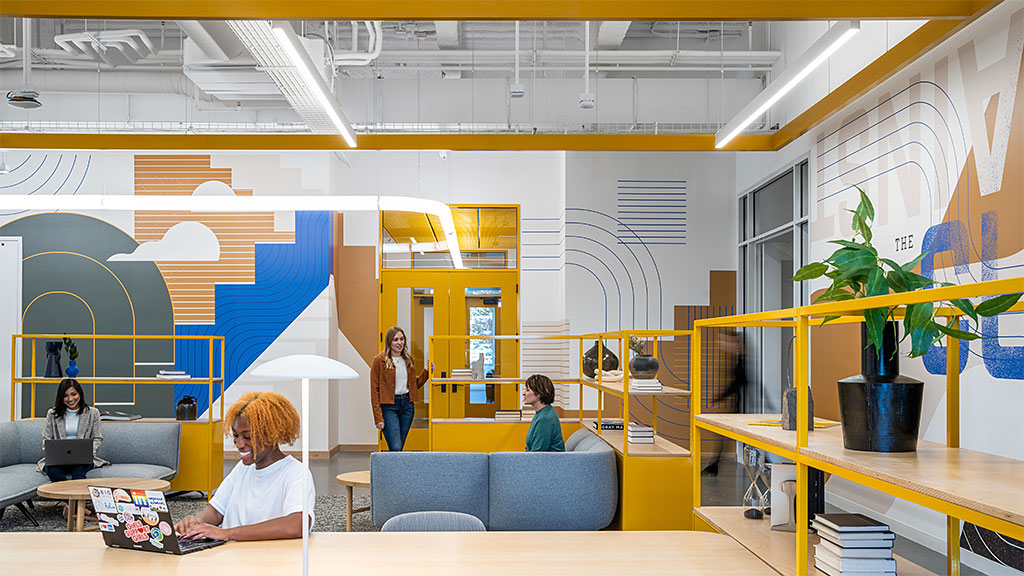
Hybrid Offices Are Shifting Towards the “Neighborhood” Office Model
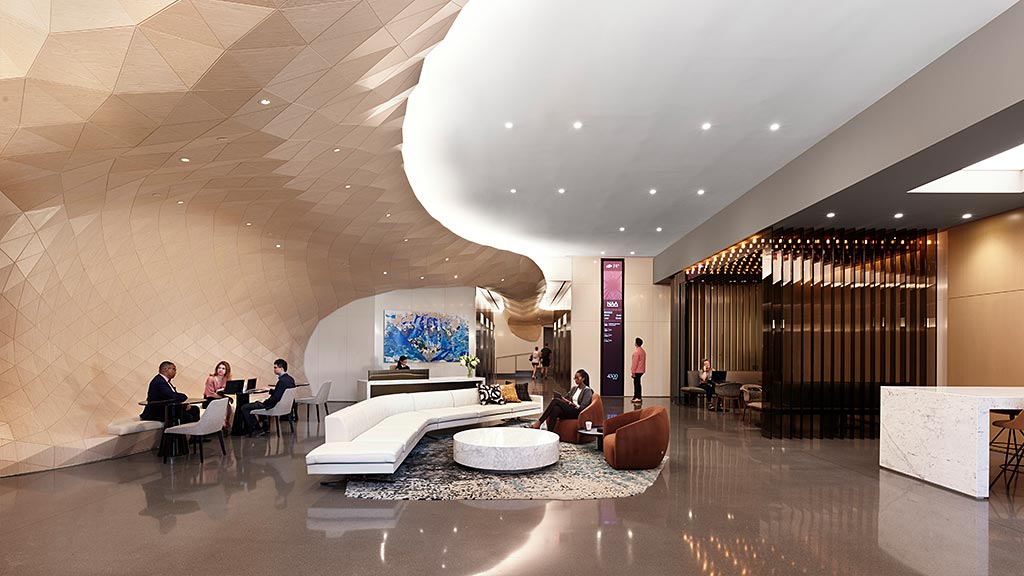
Infusing Hospitality Design Into the Workplace to Inspire Workers
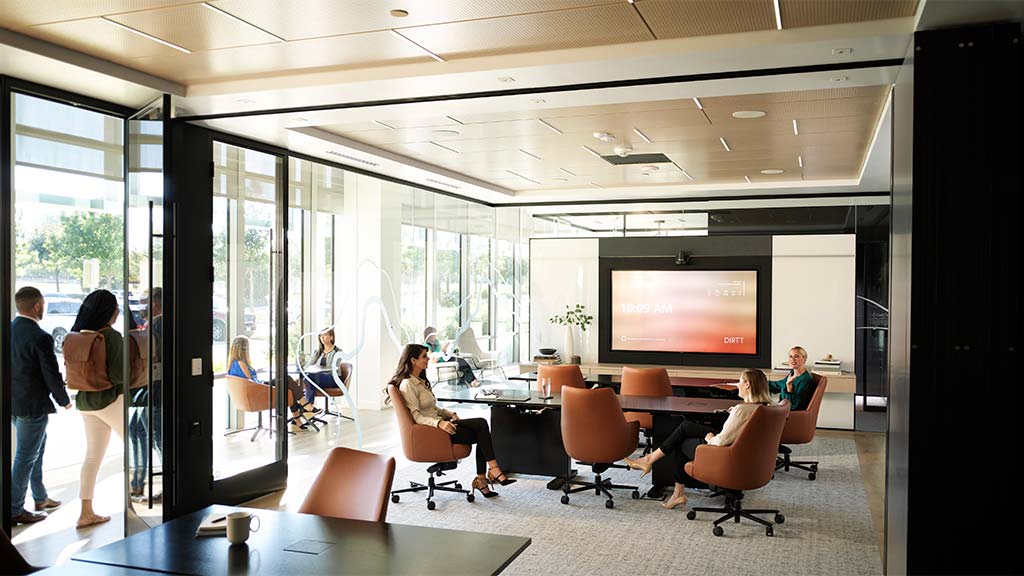
Gensler Toronto Design Director Matthew Kobylar Discusses The Post-Pandemic Law Firm
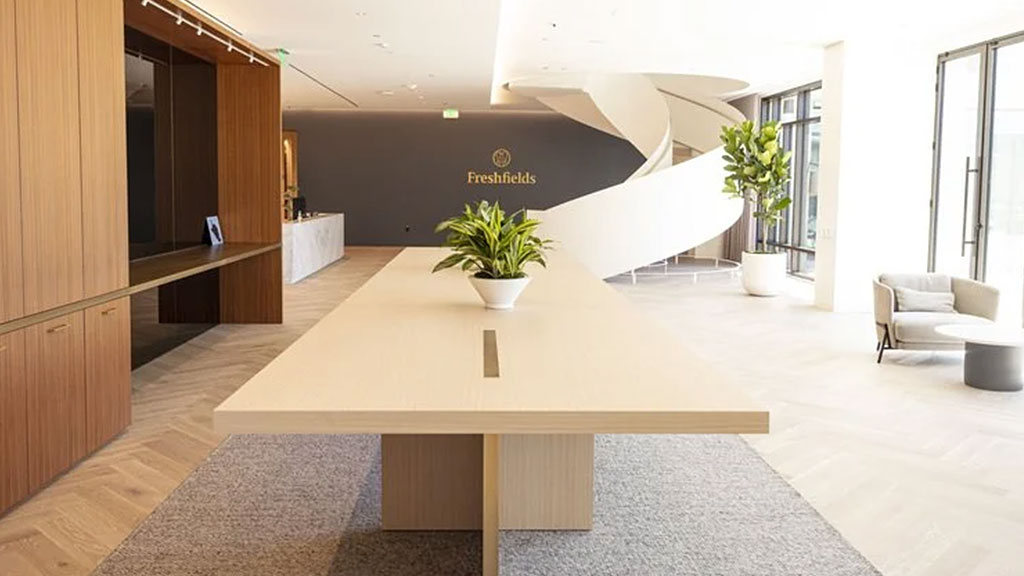
Freshfields’ New Law Firm Office Promotes Comfort and "Indoor-Outdoor Working”
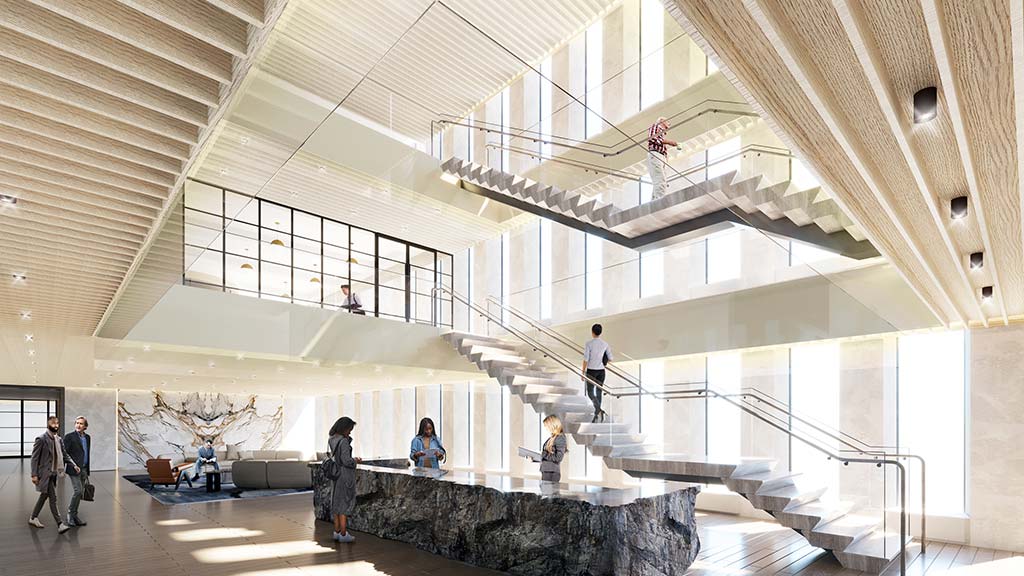
How To Design Law Firm Offices for a Post-COVID World
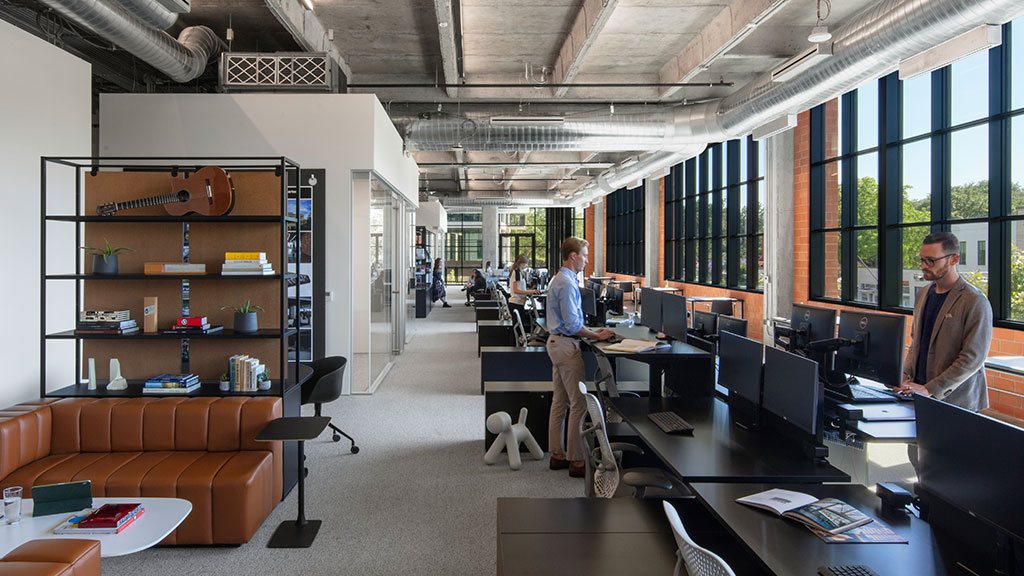
Transforming the Office into an Experience Multiplier

Gensler’s 2022 U.S. Workplace Interiors Cost Insights Report Offers a Deep Look Into Cost Conditions
